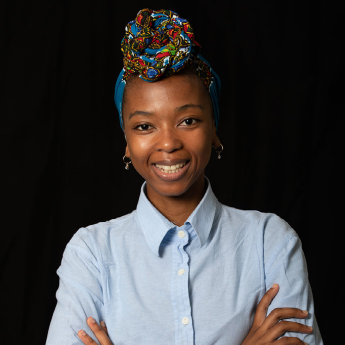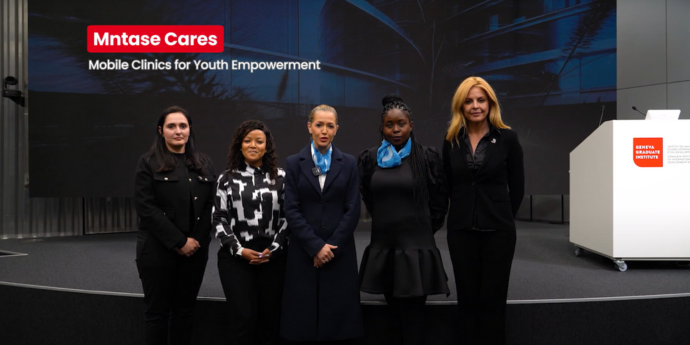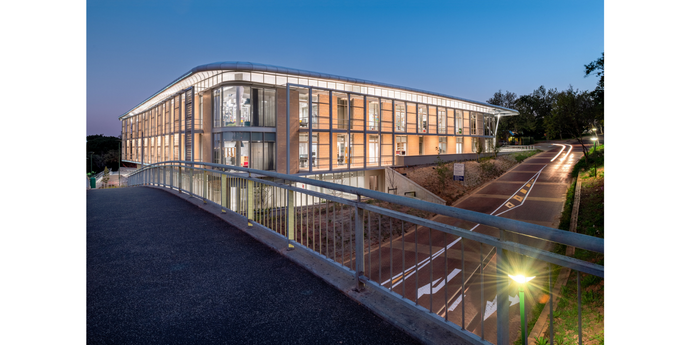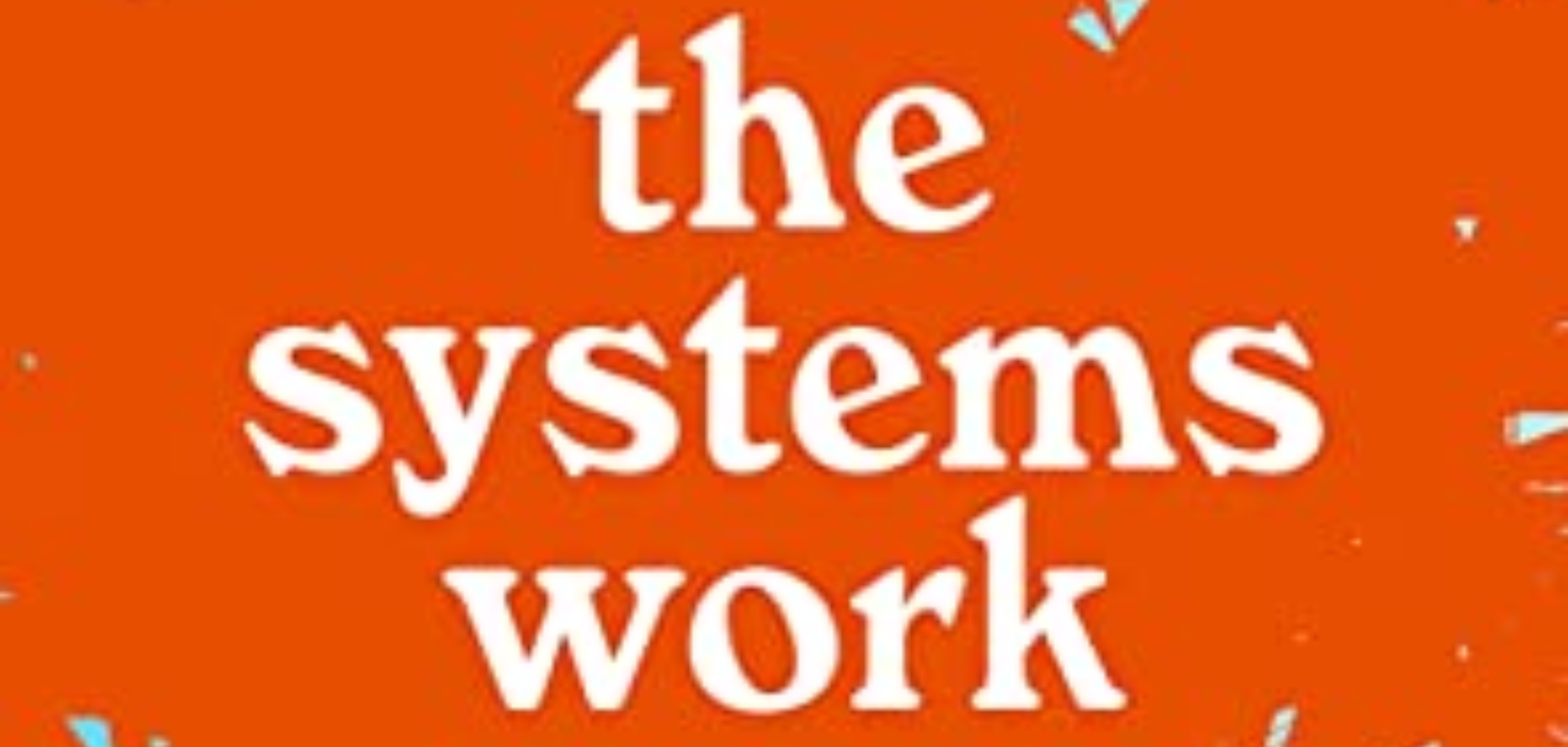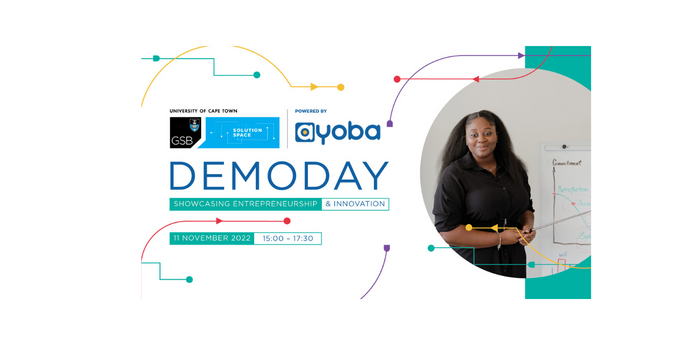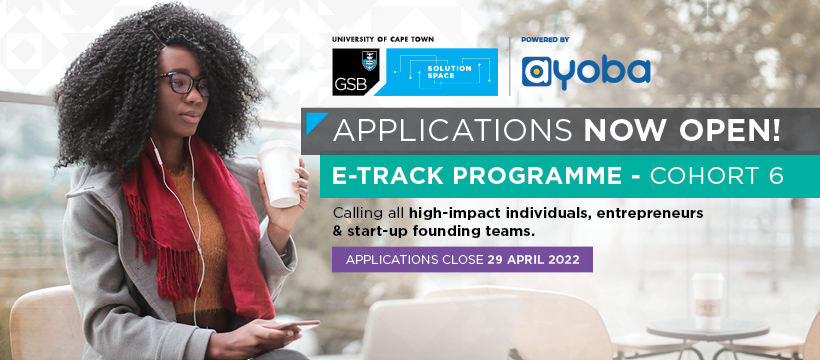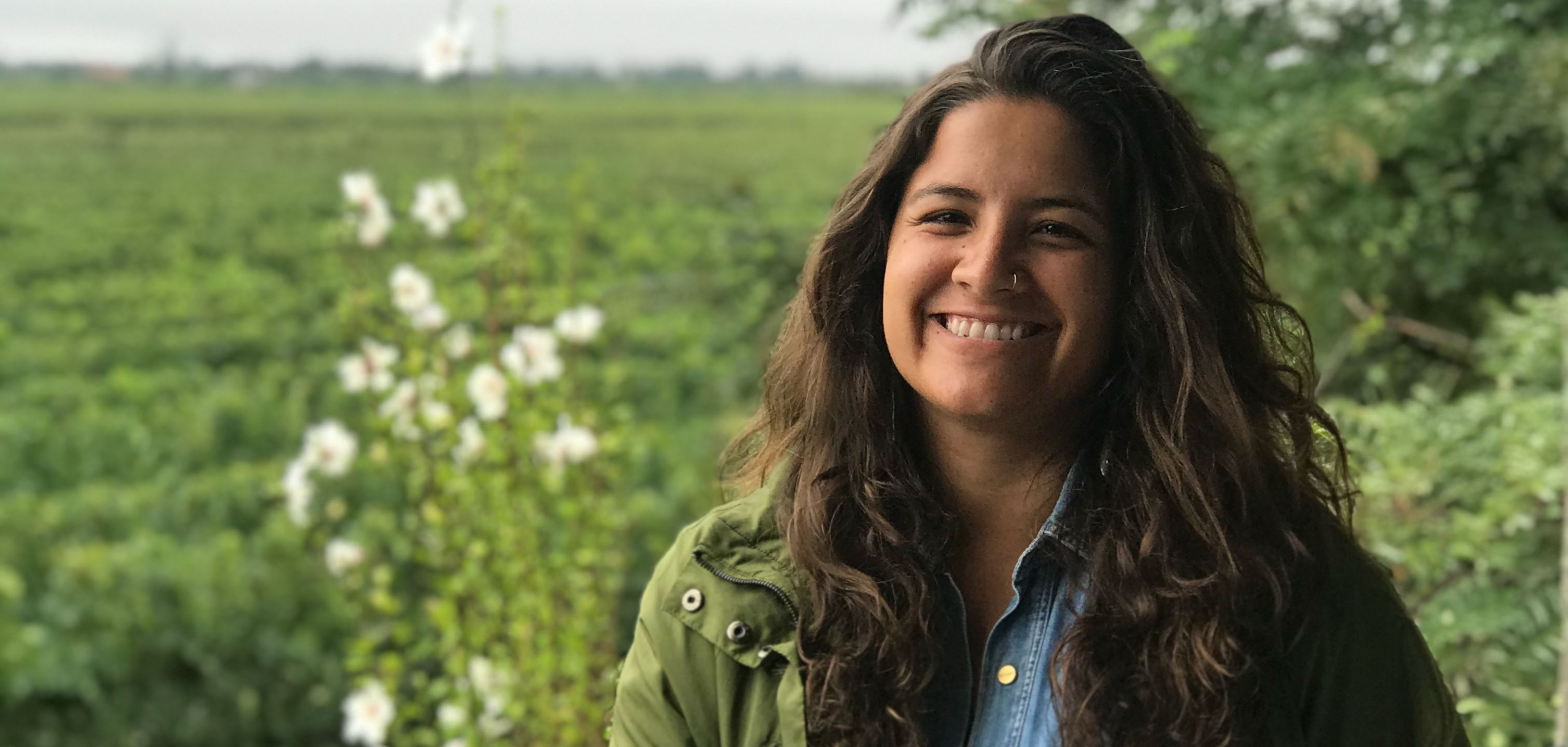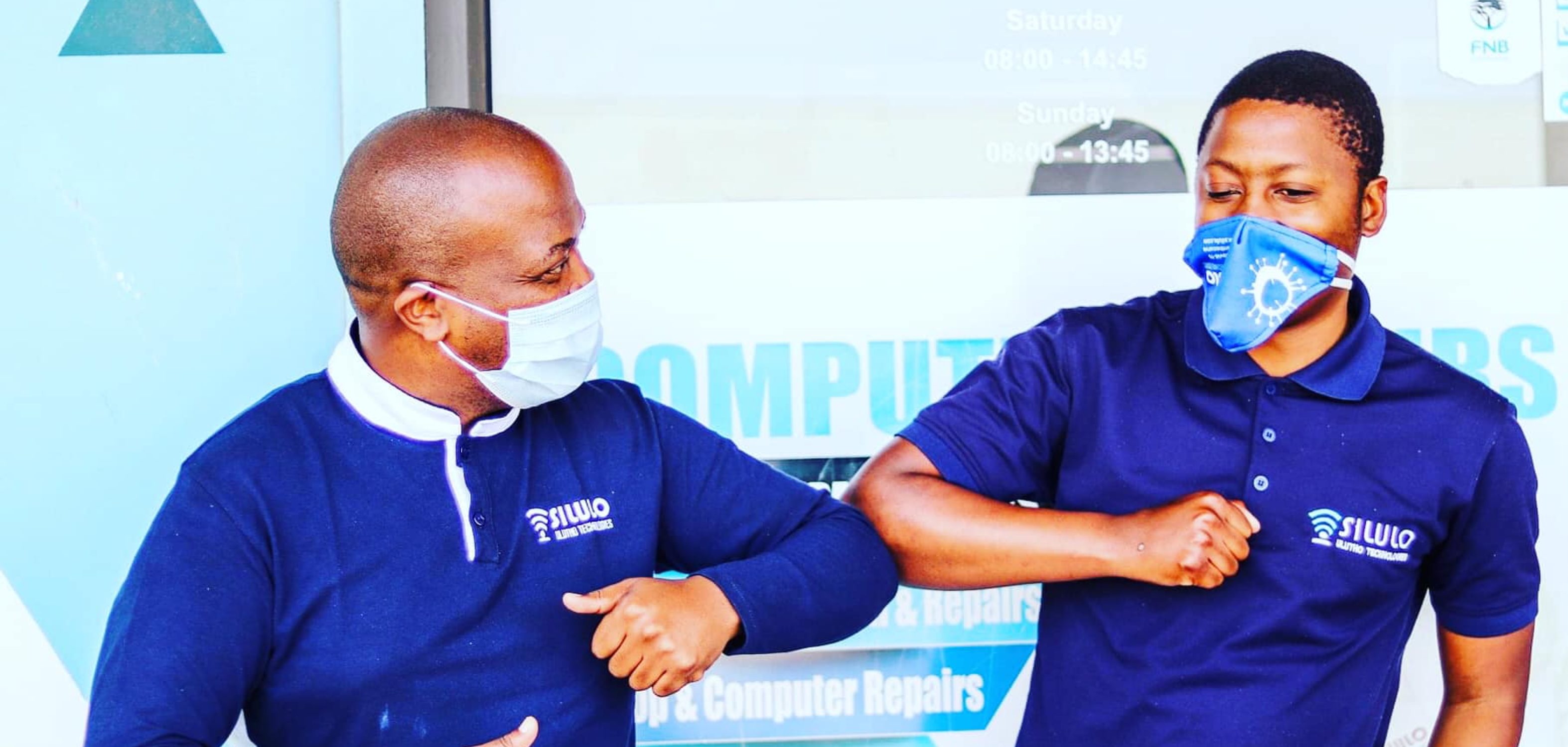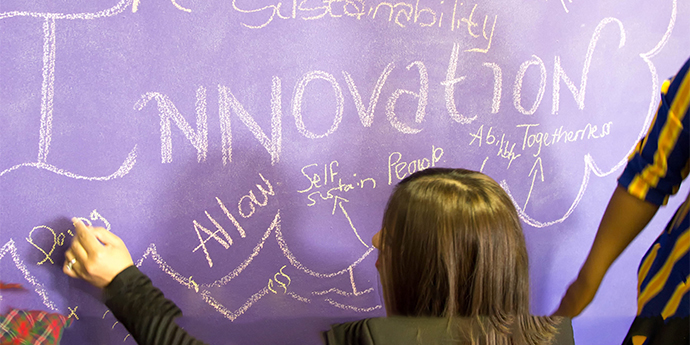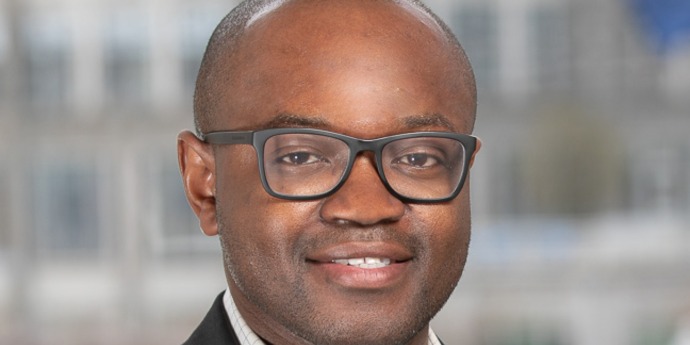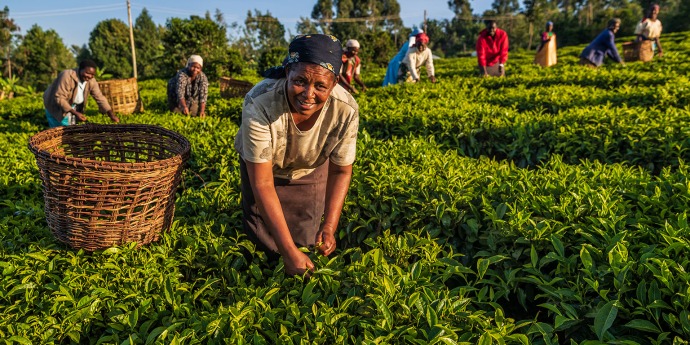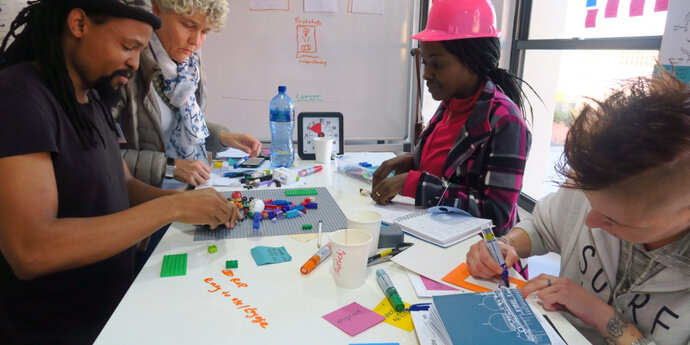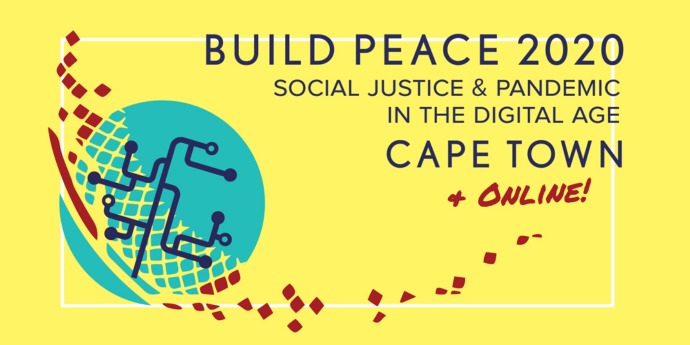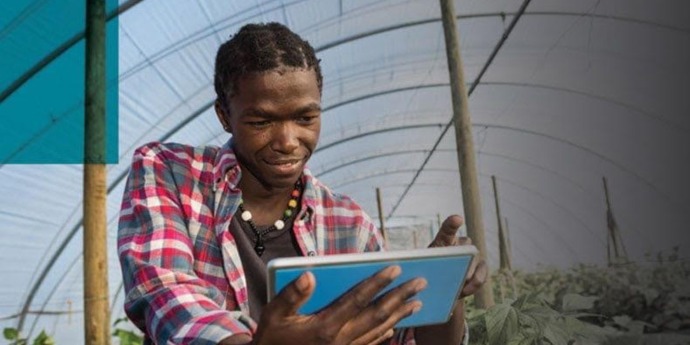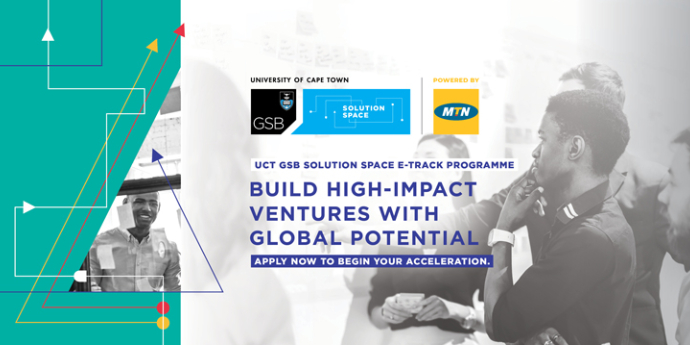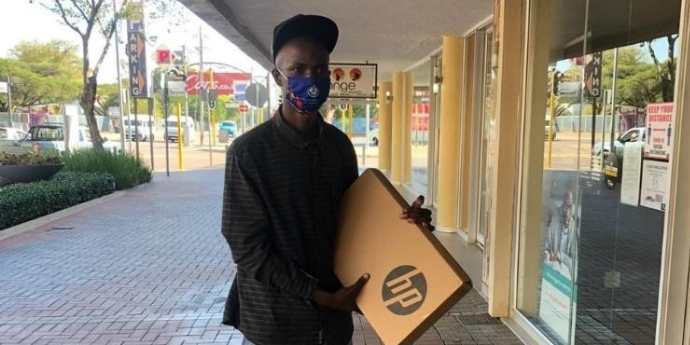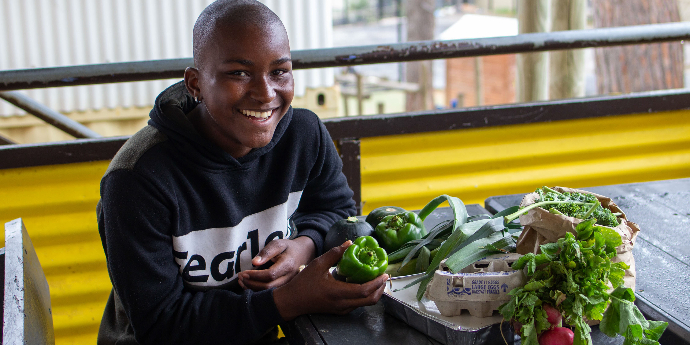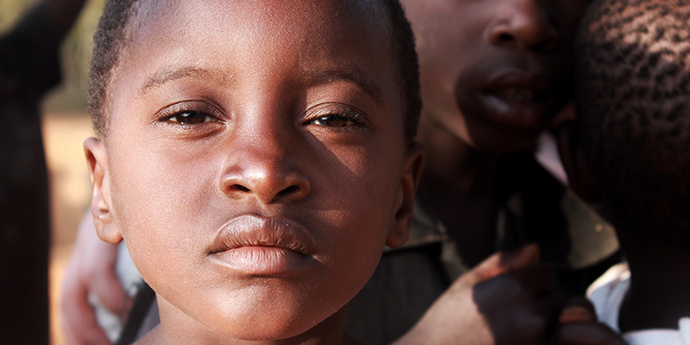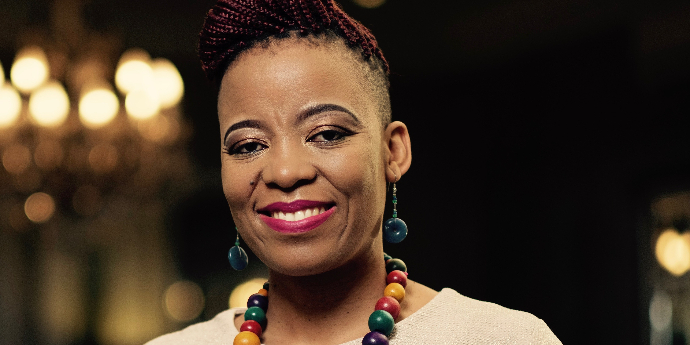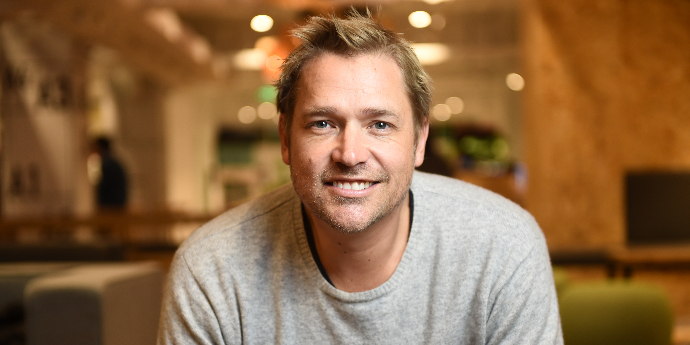The UCT GSB's Solution Space recently entered phase two of their annual E-Track Programme, in partnership with Ayoba. We spoke to Siphosethu Komani about how the programme prepares its cohorts to be agile in the face of future shocks.
You support high-impact businesses i.e., those with the potential to be profitable and create employment. How do you identify this potential in your cohorts on the E-Track programme?
The E-Track Programme has been intentionally designed to help us identify and select those entrepreneurs and ventures with high impact potential. Phase one of the programme is the Venture Launch course which focuses on validating the venture concept through covering foundational principles of entrepreneurship and commercial venture building. Thereafter participants who have completed the fundamental course, present their venture concept to a panel of judges in a pitching round. Those with promising ventures or ideas are then shortlisted for phase two.
In terms of identifying potential, the judging criteria looks at whether there is a clear value proposition relative to the solutions problem statement; a demonstration on the part of the founding team of achieved milestones; evidence of relevant technical experience within the founding team and a well thought-out pitch execution.
You have said previously that agility is key for success — those entrepreneurs who were able to adapt fast were able to withstand the lockdown best. How do you prepare your cohorts for these and other types of future shocks and can you give us some examples of those that have been successful?
Our foundational phase one of the E-Track Programme equips entrepreneurs with the tools to adjust and adapt in terms of business model structure, pricing structures and product value among other things. With these tools, many of our alumni have been able to continuously innovate and remain agile beyond the incubation space.
An example of this would be TAQA, which is a startup that seeks to remove language as a barrier to accessing knowledge, by building a digital library that has illustrated, read-along audiobooks for children. They are currently in the prototype phase and have been seeking technical assistance to build up this library but in the meantime, they have been able to develop their market by starting a podcast where they read audiobooks in South Africa's official languages. Through adapting they have also realised that there are various other use cases for the core product offering which could potentially open their services up beyond what they had initially intended.
What does the future hold for startups in Africa today and what insights can you give us into the trends taking over the startup space in Africa?
African markets and operating landscapes are complex and nuanced. We discussed this in our recent webinar, “The Future of Startups in Africa”. One of the main struggles for startups in Africa is access to knowledge and data which can help them remain sustainable. This includes quantitative data regarding available financing and funding as well as qualitative data regarding tried and tested routes to market from other African startups. So hopefully the future holds more opportunities for opening the conversation to distribute critical information to startup founders irrespective of their network.
An interesting trend emerging within the ecosystem that could help close the information gap is startup-startup collaboration. Many are aware of corporate-startup collaborations and in some cases, this works out to be mutually beneficial but opportunities for synergies also lie within the startup ecosystem. Recently, Disrupt Africa published an article about startups collaborating to leverage venture strengths and expertise to further access mutually beneficial opportunities. I think that a trend like this holds potential to expedite venture development in Africa because first, it would help to overcome the barriers such as lack of infrastructure, which startups in emerging markets face, meaning that businesses would not need to own their entire value chain and could optimise core areas of expertise. Second, this would in turn lower startup costs making startups more agile and able to go to market faster. Lastly, the collaboration distributes risk and potentially positions the startups as attractive for investment. Hopefully going forward, we can see the various ways in which this plays out in the African startup space.
What is being and can be done to make the space more accessible and conducive to startup success and growth?
In our webinar "The Future of Startups in Africa," one of the speakers mentioned the importance of representation with regards to the success stories being told in the African startup space. When we speak of making it more accessible this plays a significant role. Being an entrepreneur is mentally and emotionally challenging, so one can imagine that it becomes even more insurmountable for those who do not see, hear, and read the success stories of people like them. New entrants to the ecosystem must be able to look at some of the more successful startups and have a 'role model' that resonates with them, their background and entrepreneurship style.
There is quite a bit being done now in the direction of expanding representation by various private and public sector organisations, to enable and support female entrepreneurs specifically. On the continent, there are more female than male entrepreneurs but when you look at African startup success stories this statistic is not reflected.

